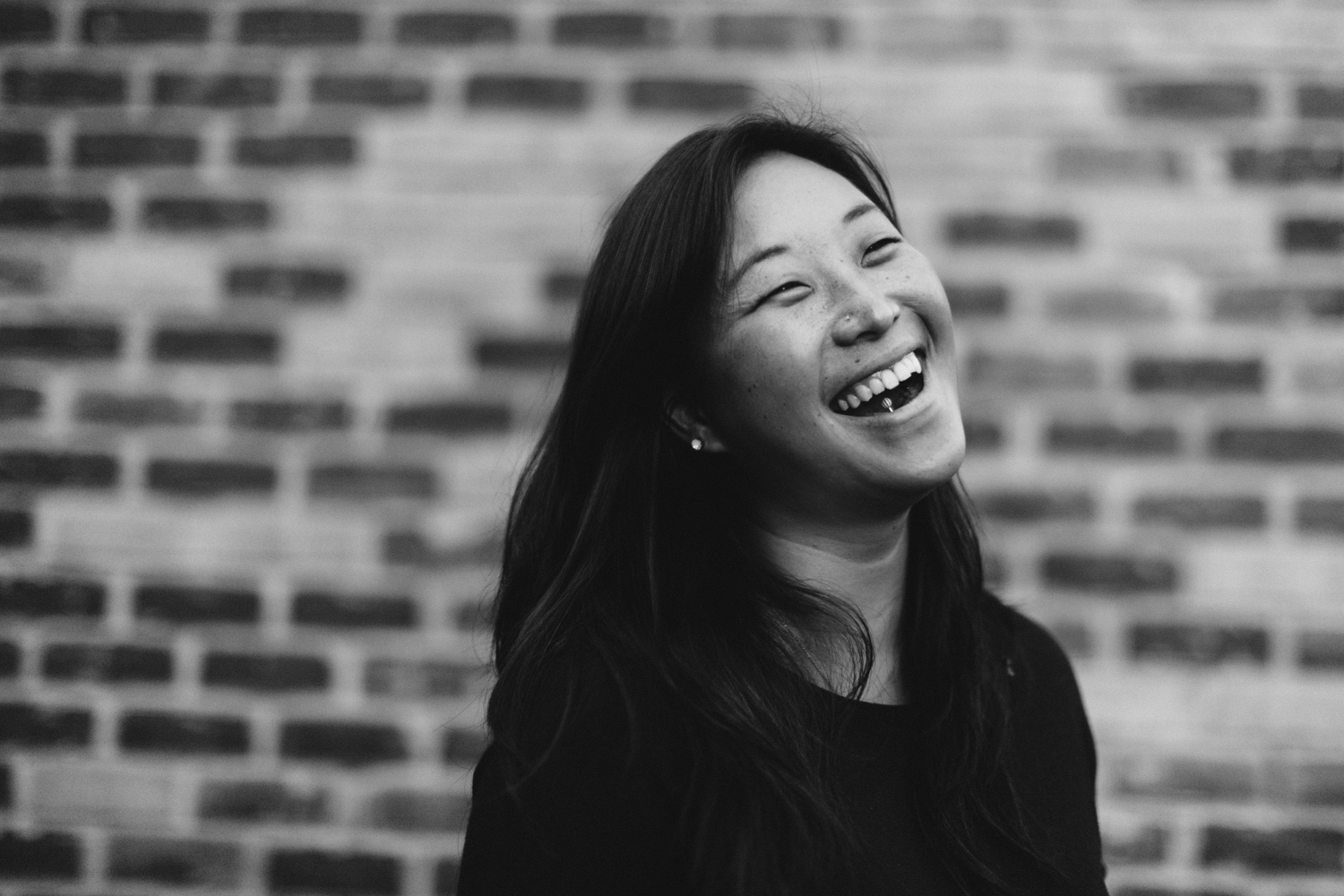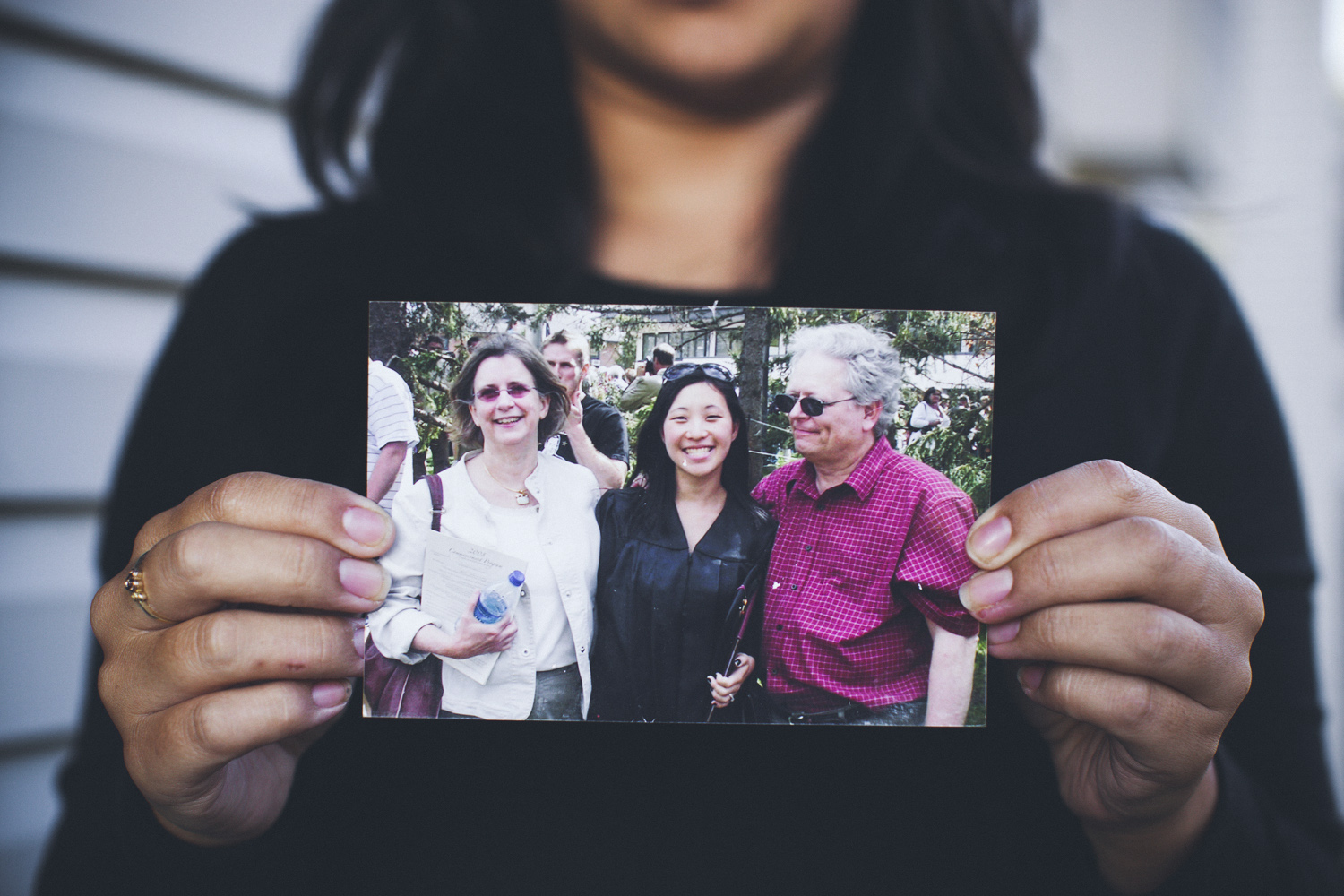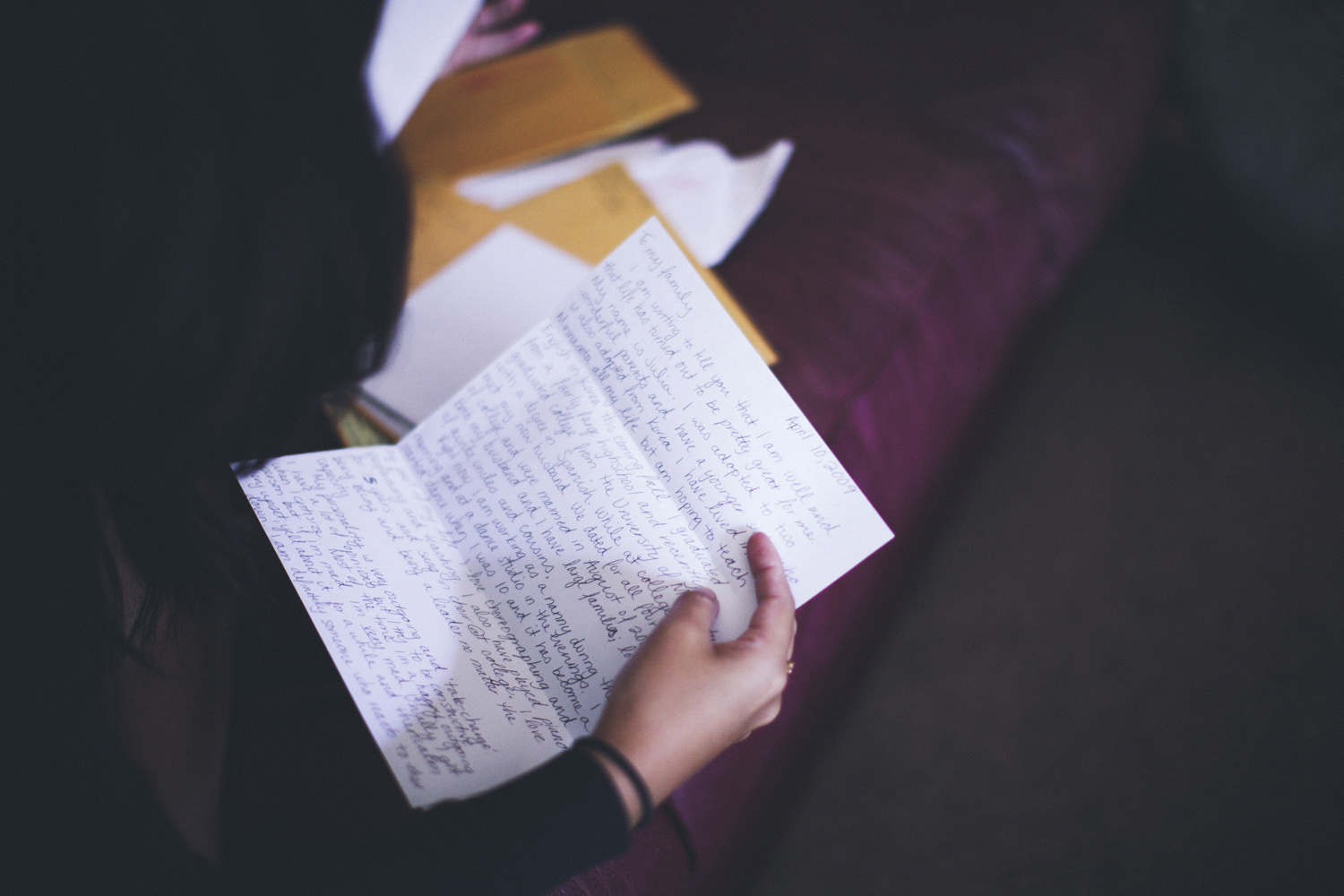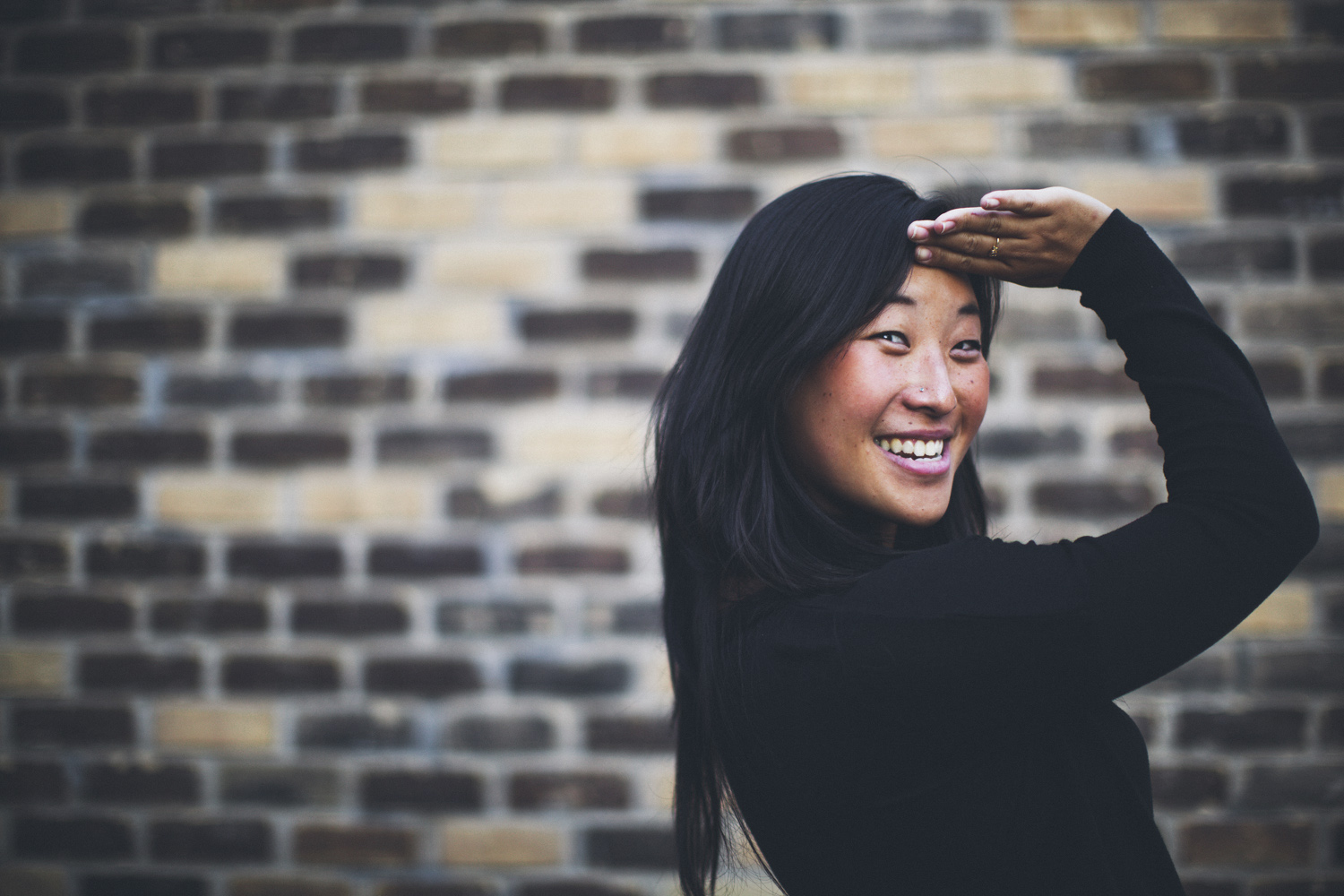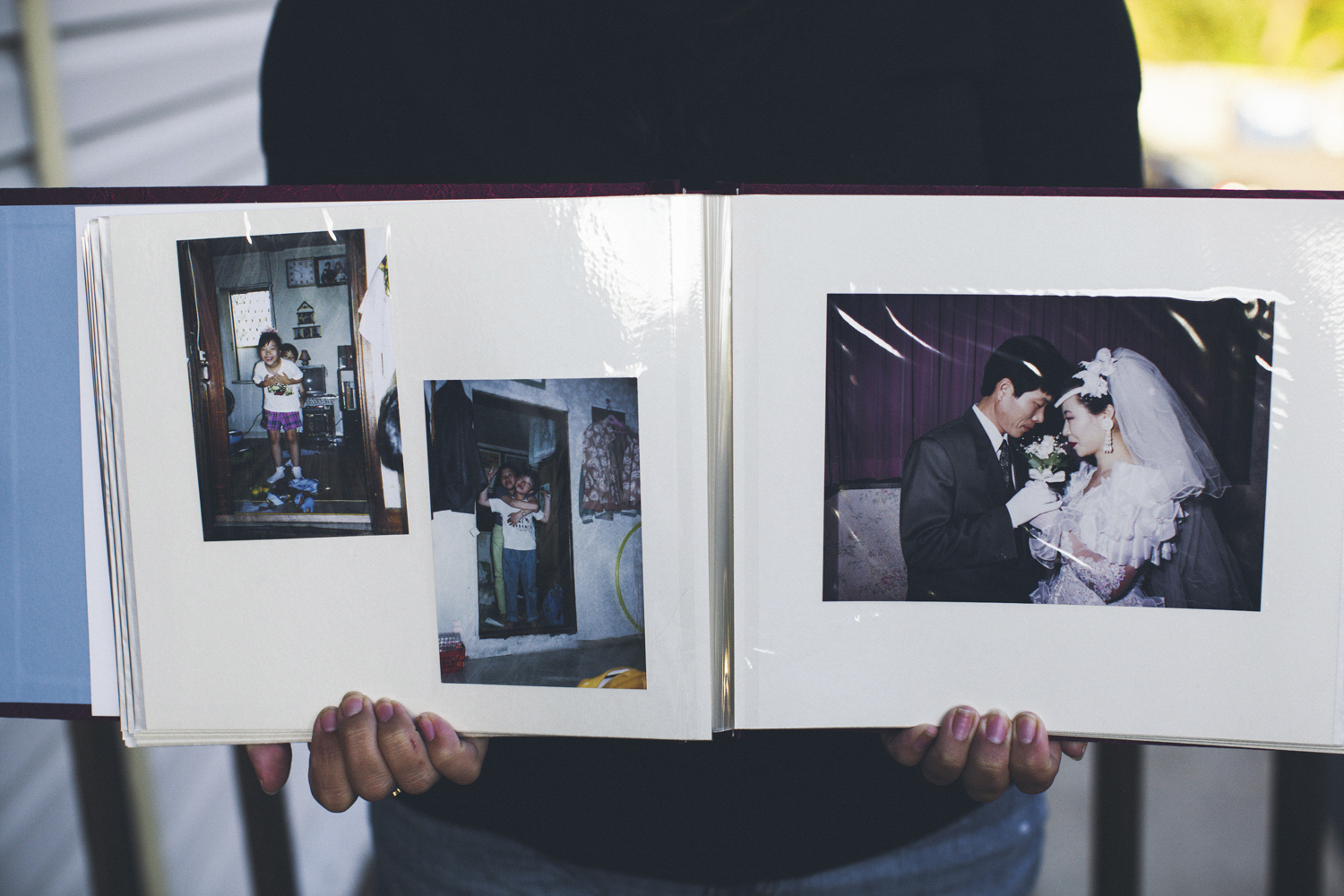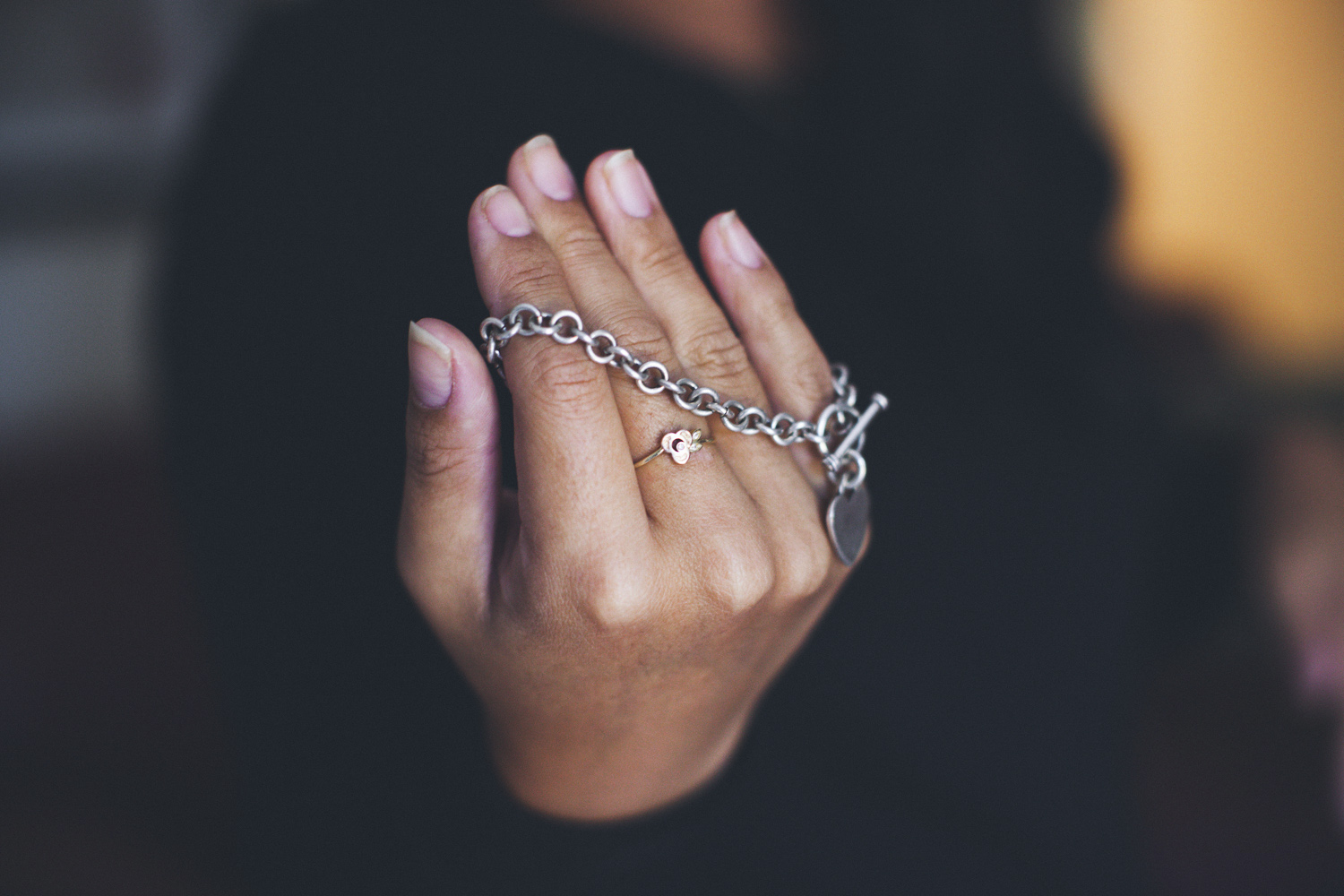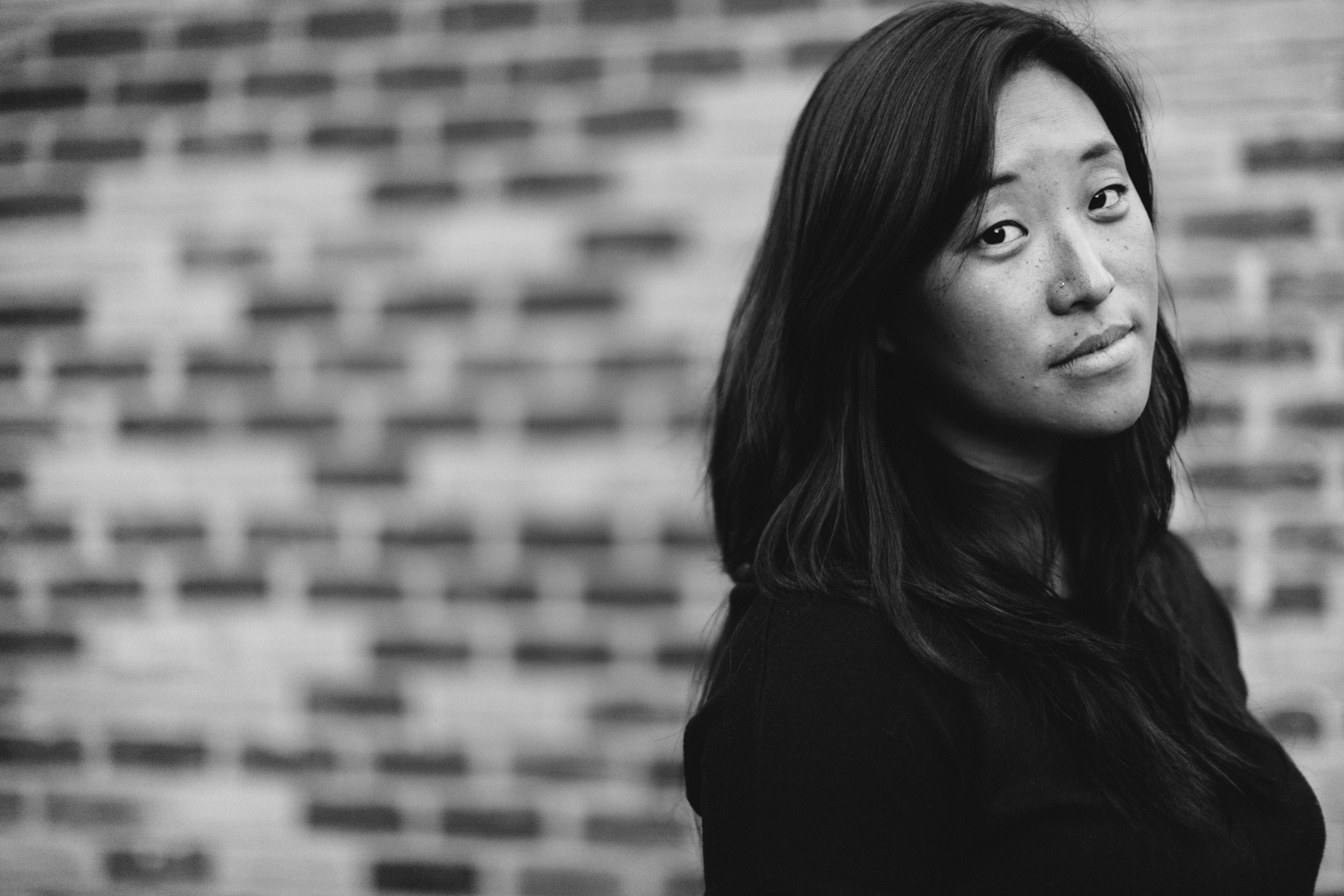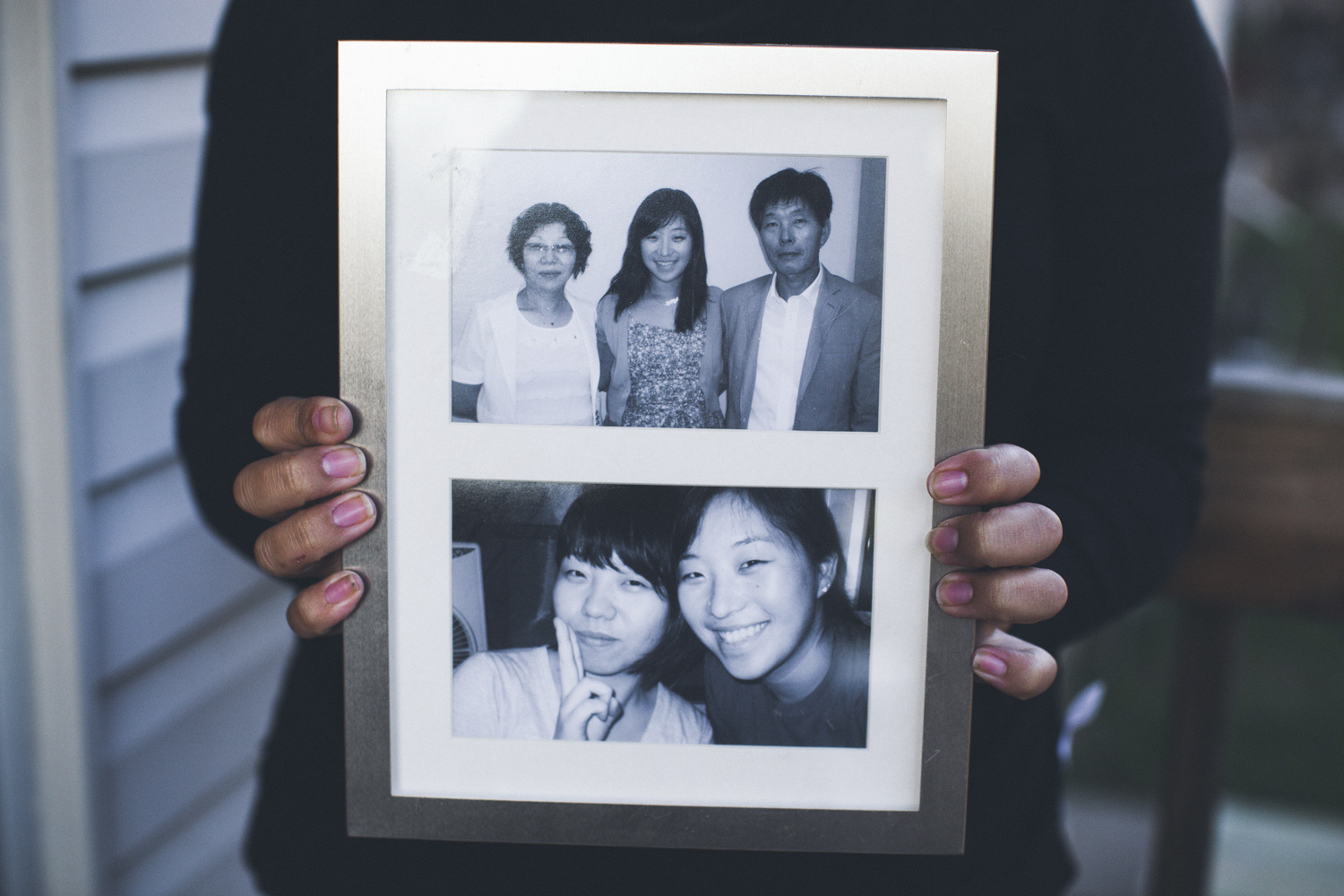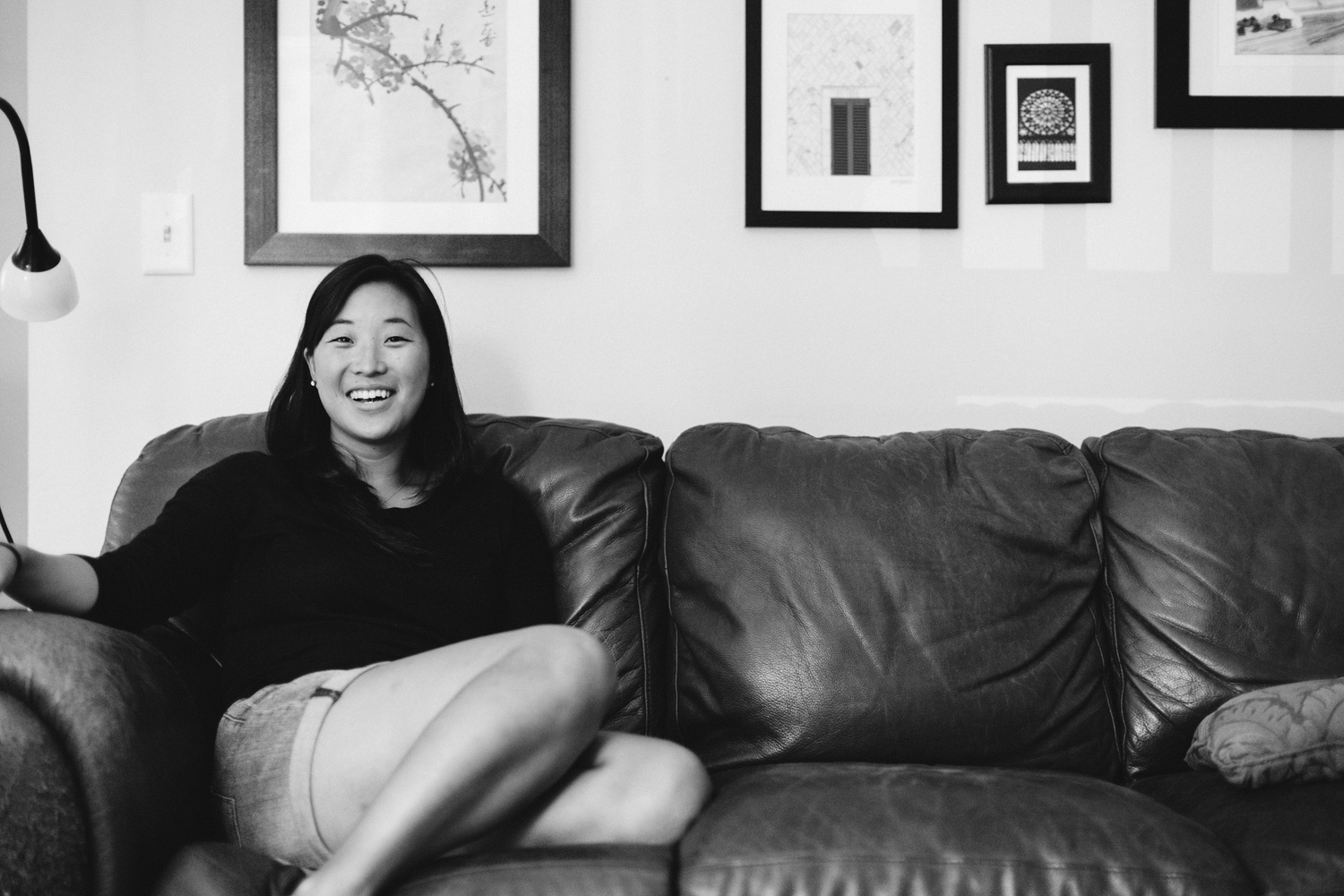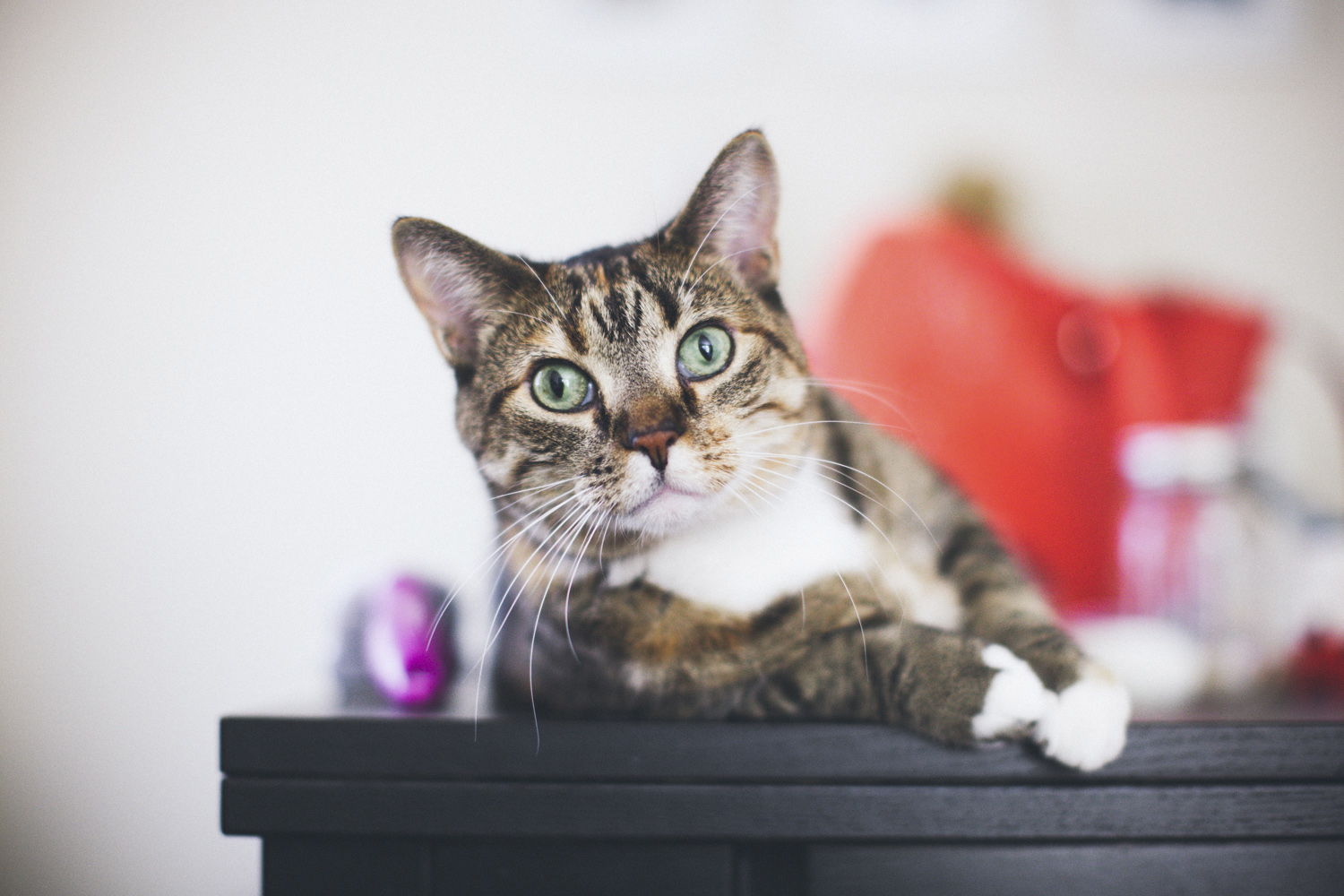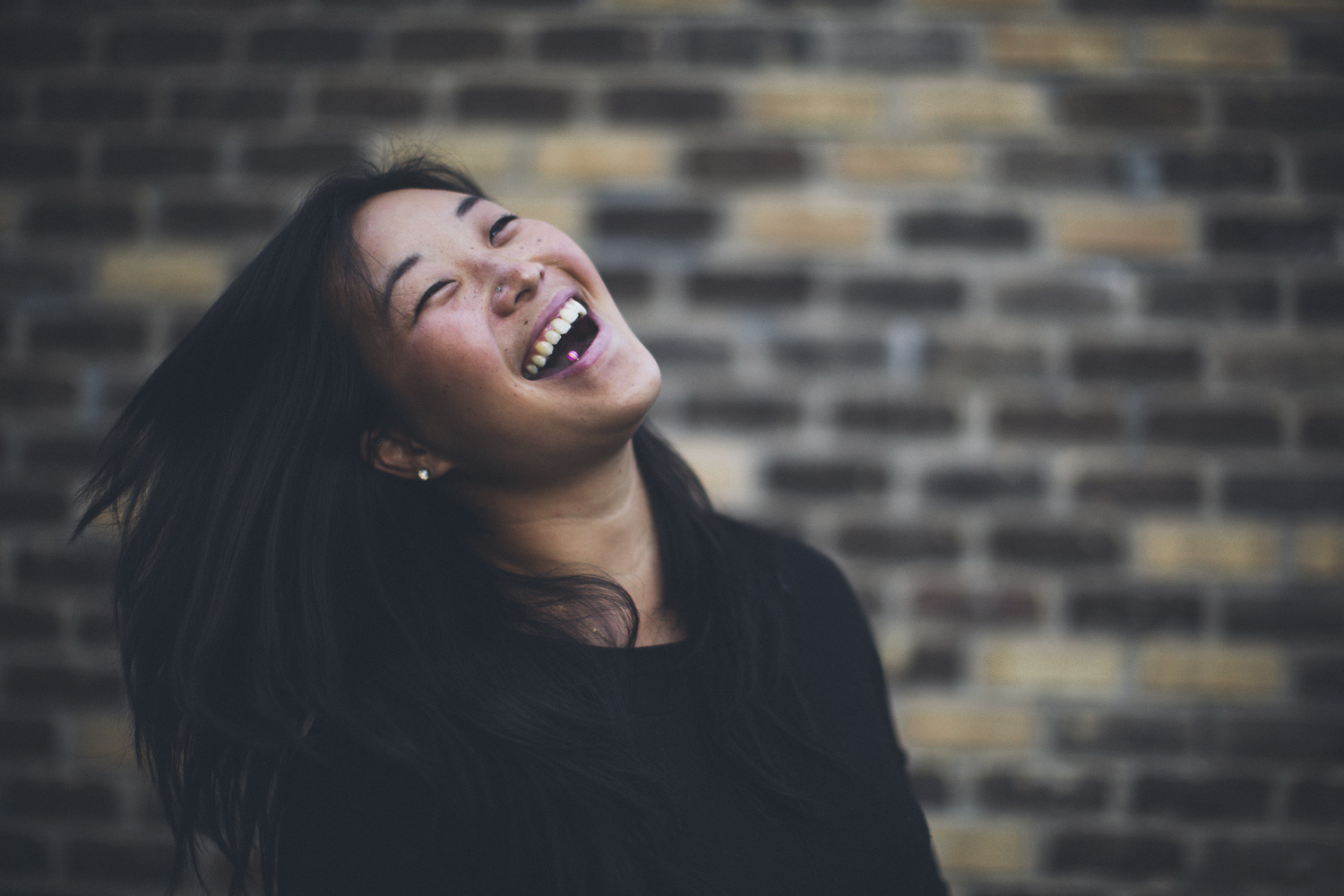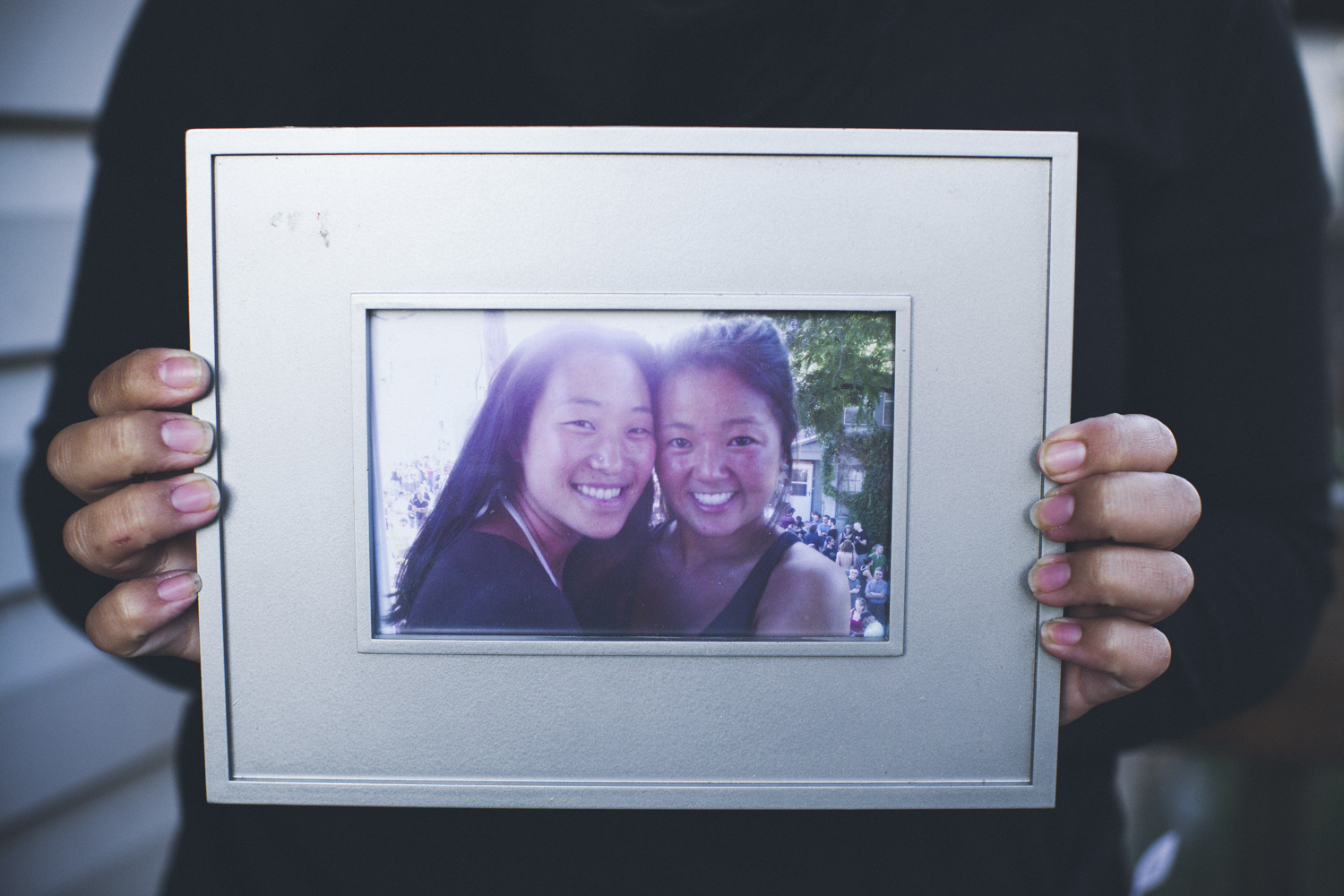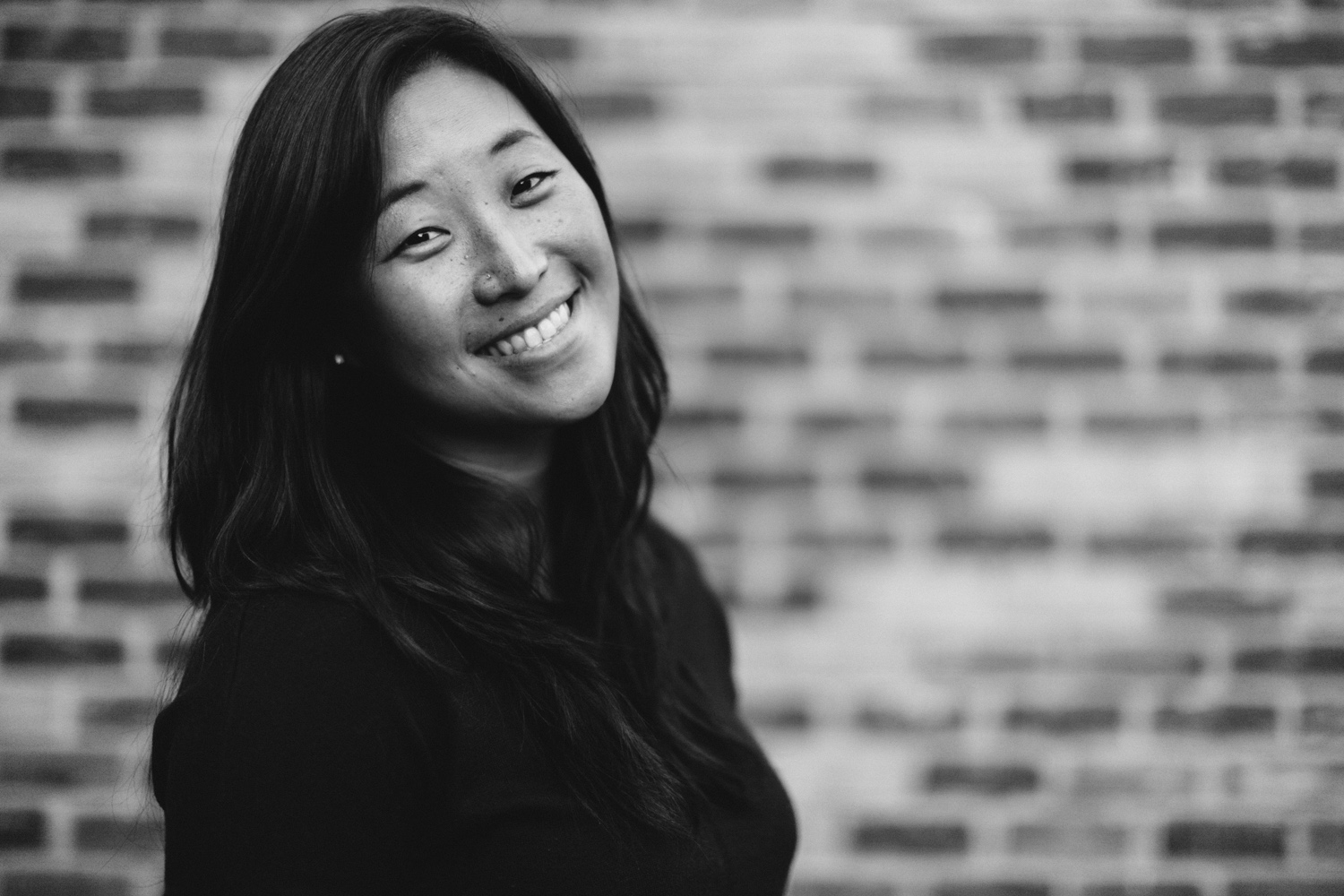LISTEN NOW:
SUMMARY:
Julia shares her story with us about traveling to Korea from Minnesota to meet her biological family for the first time as an adult.
To learn more about Julia’s perspective on adoption, check out her blog post “How I Know I’m Not White.”
NOTES:
[3:50] Julia reads letter from her father
[5:40] talks about being adopted
[6:10] What family is to Julia
[7:20] talks about why she decided to find her family
[8:50] talks about the importance of receiving letters from her family
[11:00] Talks about going to Korea for the first time
[12:00] Meets biological family
[15:30] favorite part of the trip to meet her family
[17:30] reactions her birth family had upon meeting her vs. feelings she had
[18:50] Talks about the gratefulness of her adoptive family
[20:00] Reflects on how birth family impacted Julia’s life
READ THE TRANSCRIPT:
“How it works is you write a letter, and it goes into your file, and it gets into the agency in Korea, and then that way, if my birth family were to ever want to check up on me, they could go to the agency and say, like, “Please look up information for this child,” and then my letter would be there; so I wrote a letter and sent a photo with just generic information and didn’t expect to get anything back, and then I got a phone call saying that they found my birth mother, and my father, that they were married, and I had a brother and a sister.
“Dear Julia, After spending three or four days of indescribable feelings since hearing from you, I write to you. I will call you a daughter, even though I don’t deserve to be called a father. The relationship between parents and children are called the moral laws of heaven, because it has been created by the power of God. However, I didn’t obey this rule of moral laws, not raising you in my arms, and also not finding you first. Before asking for forgiveness from God, I ask for your forgiveness. I thank you for defeating all difficulties, hardships of life, for becoming such a wonderful young woman. As I think about you, it’s heartbreaking. I asked myself, what was I doing all these years when my daughter was searching for me first, and I realized there is no excuse. Twenty years gone fast, after you were separated from your mom, I was getting ready to leave Seoul. I couldn’t forgive myself for my immoral, unethical actions as I sent you off.
“Then, your mom called, asking me to meet, even though we were split. Then she said, “If we were to split later on in the future, our daughter won’t be able to find us, or we won’t be able to find her, and I can’t let that happen.” Time flew by, and my daughter has found us. Thank you, God. I thank your parents for raising you, and also thank both organizations. Your dad, I am 52 years old, your mom is 47, and we live in a small suburb of Seoul. Your siblings are Eun Han, 22-years-old, and Young Jin, 20-years-old. I have a lot to say, but my eyes are filled with tears. Looking back, it’s full of regrets, but if you have the slightest intention for forgiveness, we hope to meet you sometime, and we’ll be waiting for your reply. To my dear daughter, from a sinful father.”
“I am an adopted Korean, and have been all my life. I grew up with my adopted parents, and I have a sister who is three years younger than me, also adopted from Korea. We’re not blood related. My parents also came from a circle of friends who are all very diverse. When I grew up, one of my best friends had gay parents, and that was just always a part of my life, and they were adopted from India, and so, growing up, I was surrounded by diversity until basically high school, but family just always meant to me whoever it is that takes care of you, who raises you, and as I grew older, family became whoever is there for you and supports you, and was going to love you unconditionally, no matter the circumstance.
“A lot of adopted kids talk about, like, having a hole in their life, or a void, or this emptiness or unanswered questions, and that was not me at all. I remember telling my friends when I was in middle school, like, “I have enough drama with my own parents, I don’t need another set,” and when I was in eighth grade, my sister decided that she wanted to search for her birth family, and my parents asked me if I wanted to go to Korea with them, or to search, and I just flat out said no, because it wasn’t important to me and I never thought it would be. Even when I did finally do a search, it wasn’t out of wanting to meet them, or find them, or learn about them, it was purely logistics; I got married to my college boyfriend when I was twenty-two, and we’d been married for less than a year when he decided that he wanted to go to Korea to teach English, and so we decided that’s what we were going to do that following fall.
“I kind of thought, “Well, if I’m going to be in the country, I might as well just look, because I’ll feel like an idiot if I’m there and, like, see my mom every day and never know who she was.” I went on vacation knowing that I found them, but not having any correspondence from them yet, and I was driving back from vacation when I got the email that had scanned copies of the letters, translations, and photos of my family, and I was sitting in the Oasis right outside Chicago, with the bridge with McDonald’s, and Panda Express, and Sbarro, and I didn’t have a smart phone at the time, but my friend did, so I was like, “Give me your phone,” and I logged into Gmail. I’m, like, sitting at this tiny table in the Oasis over whatever highway, whatever that is, reading these letters, and these words from my birth family, and my mom and my dad, and my sister and my brother, and seeing photos of them. It was crazy. It’s crazy.
“My husband and I actually got divorced and ended up not going to Korea, so when I was reading their letters, their first letters to me, and seeing their photos was when I was driving home after having deciding to get divorced, and so those letters came at a very critical time for me to know that I had people who had my back. No matter what happened and without knowing, really knowing, me at all; and so it was really overwhelming, I guess, to think that, “Yeah, I’m going through this really, really, tough time, but no matter what, if everything falls apart—am I allowed to swear? Okay.—If things go to shit here, I can just move to Korea, like, live with my family there. I think that’s great.” And so it was nice to kind of have that, that feeling of, no matter what, I have the support. I know I would have it from my adopted family too, but there’s something about having unconditional love from people that you’ve never seen or talked to. That was really impactful, I think.
“One of the amazing things is that I had to write to my family and say, “I’m not coming anymore to Korea,” and I told them why. I was horrified at what they would say, because I wasn’t sure in Korea how they feel about divorce. Is that good, is that bad, is it common, not common? They wrote back and my mom, my dad, and my sister and my brother, all wrote me a letter, I think, separately; and all of them were just like, “We just want you to be happy and we love you no
matter what,” and like, “You’re really brave and we just want you to do the things that are best for you. Whenever you’re ready to come, we’re ready to see you,”
“And I remember feeling such a sense of relief. It was the first time when I really felt like, “Okay, I am really happy that I have this family. They’re not just these people anymore, who happen to just look like me, or be similar to me. Now I know that it’s a real investment of love, and trust, and caring.”
“In a very short time span, all of this happened, where I had had a lifetime of not ever thinking about it, or caring, and then very quickly, it all just kind of fell into my lap. Finally, after two years of getting my life back together, after getting divorced, and figuring out kind of how I was and how I wanted to continue my life, I finally felt comfortable and ready to go and meet them, so my mom and I went to Korea for twelve days, I think, and toured around Korea with a group of other families with adopted kids. I remember we landed, and we were on the bus going from the airport to our hotel, and my social worker came up to me and she said, “So you’re going to meet your family tomorrow,” and I was like, “Oh, okay, great. Sure.”
“I just, I don’t know what I expected, but I didn’t expect it to be that soon, and she was like, “Is that okay?” I was like, “I mean, yeah, that’s why I’m here. Let’s just, let’s do it,” so my mom and I and my social worker went out and had lunch together, and then went to meet my birth family. We got there first, and we went up to this room that was so ugly, and it was like yellowish linoleum floors, and there’s weird chairs that are totally square, that are really uncomfortable, with square arms.
“We were sitting there and waiting, and my dad was the first person to come in the door, and he looked like he was lost, and seeing my dad was just so strange, because I don’t know what I thought he would look like in real life, but he did not look at all like how I pictured him, even though I’d seen a picture of him. And then, I think, my sister came in next, and my sister is two years younger than me, and then my mom came in, and my brother was unable to come because in Korea, they do a mandatory two years service in the Army, and so he had already started his service and he couldn’t get time off to come in and meet me. We just talked for like three or four hours, and it was funny because we’d had those two years of communication and they already knew a lot about me, and I already knew a lot about them, and we already kind of discovered a lot of similarities.
“I remember my dad was like, “I watch a lot of American news, and I want to make sure you’re okay,” and I was like, “Oh, God, no. I’m fine.” He asked me if I had a boyfriend, and I laughed and said no, and he said, “Does that mean you really do have one?”
I said, “No, it means I don’t.” And we had gifts, because it’s customary, like you just bring gifts for everyone you meet Korea, I got my sister and I matching bracelets. It’s funny, because my sister had necklaces made of our names, our Korean names, and so she gave me one that matched one that she already had, and so we already had this connection of, “We both wanted matching gifts.” Then we gave my dad a pocket watch, and he laughed, because he had wanted to get me a pocket watch, and just like other things too about spending time with them, that it was so surreal and so, kind of, kismet happening, that clearly, we were family, and clearly, we were all ready for this to happen and to meet each other.
“I met them the first time, we had lunch the second day, we went shopping a third day when I was very hungover and had to get in the car, and my mom—my birth mom—kept asking if I was okay, because I wasn’t talking and I clearly did not look good; and so my social worker was like, “Well, what should I tell her?” I was like, “Just tell her I don’t feel good,” but then it made her go into this whole like, “Do you need some herbs? Do we need to stop somewhere? What do you need? Do you want to go home and rest?” I was like, “Oh, my gosh, just tell her I’m hungover.” My social worker told them I was hungover and my mom—my birth mom—burst out laughing. My dad was laughing, my sister wasn’t there, and they were like, “Okay, well, we’ll take you to get some food. We know exactly what you need,” and so we got to the mall and I was so embarrassed. Because here I am, meeting my birth family, but I’m hungover, in Korea, and they took me to some restaurant and they ordered me some food that looked like rice porridge possibly, and it tasted great. It looked gross and it made me feel so much better, and I don’t know what it was.
“Again, this was another case where they didn’t care . . . No judgment, they loved me no matter what; and then I got to one of the best parts of the trip, when they invited me to spend the night at their house. I remember my social worker came up and she was like, “They’ve invited you to sleep over. Do you want to?” I was like, “Oh, I don’t know” . . . because I wouldn’t have a translator there, a big thing.
“I had had a translator, my social worker had been with us and translating the entire time, so I would be completely on my own. At first I said no and wasn’t sure, and then I kind of was like, “Wait, you’re only in Korea, basically this one time, you don’t know when you’re coming back, you came to meet your birth family, just suck it up and go,” and so I got to spend the night with them at their house and see where they lived, and then I slept in my sister’s bed, which was like a rock. It was so hard, it was so uncomfortable, but my sister slept on the floor, and I remember we were laying there, and we talked about boys, and I asked if she had a boyfriend, and we just chatted, and it was great.
“My sister knew English when we first started writing back and forth, but I think once she found out I was coming, she practiced harder, and she thought she was bad at it, but she really wasn’t. My mom kind of spoke English, it seemed like she understood a lot. My dad just had no clue what was happening, like in true dad fashion, right, just like, “Wait, what did she say? What did she say? I don’t get it.” Then we’d tell him, and he would nod, like, “Yeah, I get it,” and you’re like, “You don’t get it.” Yeah, so then they dropped me off at the hotel the next day, and I remember my dad saying that he really wanted us, he wanted my sister and my brother and I, to be like a real family, and never forget each other, and always take care of each other.
“What I didn’t expect was for my birth family to feel so much regret. Like they felt so awful for giving me up for adoption, where I had never looked at it as, like, I was adopted because my parents don’t love me, or because they didn’t want me, or I felt abandoned, and I never actively . . . I may have subconsciously thought that, but I never actively thought that, and I was never mad, and I was never . . . I never had that attitude toward my adoptive parents, as like, “You’re not my real mom and dad,” because they are my real mom and dad, and I think . . . That’s one thing I will never get over, is how guilty my parents felt for not raising me themselves, which, in my mind, they are the most amazing people I will ever know in my life.
“To have a child and then to choose to put it up for adoption specifically so that your child can have a better life is the most selfless thing I can think of, and it kills me to think that they don’t, that they see themselves in a very negative light; and even when we met, I remember my adopted mom, all she could say to my birth parents was how grateful they were to them, and for me, and to be able to have this child that they couldn’t . . . I think my parents couldn’t have a kid or something, and so because of this choice that my birth family made, that my birth mom and my birth dad made, they were able to have a family, and I don’t know that that ever got across, or . . .
“My dad thought I was so mad at him, and even when I met him, he was so distraught over the idea that I might not love him, or want to see him, or meet him. And even after years of correspondence, that was still something that was very present in his mind, and I don’t think there’s anything that I could do or say, or that my adopted parents could do or say, to kind of make that guilt go away. I don’t know what it’s like to give up a child for adoption, and I can’t imagine, but, to me, they’re the bravest people, and I just wish that they knew that.
“I didn’t think that knowing my birth family would add anything to my life. I thought it would just be another fact about myself, and I turned out to be very wrong, I found them at exactly the right time when I needed them, and I think if I had done a search any earlier, it wouldn’t have made that impact, or it would have fallen differently on my life.
“I remember I met the mom of an adopted child, randomly, and she was like, “Oh, you were adopted,” and I was like, “Oh, yeah,” and she was like, “Yes, my child’s adopted, too. We’re trying to decide when is the right time to start her birth family search,” and I was like, “You can’t decide that. That’s not for you to decide. You don’t get to choose when she’s ready, she will tell you when she’s ready,” because at that time, I was only like 19 and I sure wasn’t ready, and I think that no one can tell you when you’re ready for something like that, and no one can tell you when is the right time, or when is the wrong time, or you should have this, and this, and this checked off before you search for them or meet them,” because being adopted is very personal, and how you feel about that is very personal.
“No one can understand what it’s like to be adopted, unless you are, and no one can understand what it’s like to have an adopted child, unless you do. Family is just whoever loves you unconditionally, and is there to support you no matter what . . . This ring, actually, my birth mom gave to me off her hand as we were saying goodbye, after meeting for the first time. We were hugging, and she was like, “I want you to have this,” and she took it off her finger and put it on my hand, and so, this is her ring, and I just switched hands, but I’ve not been without it since then, so this is my family.”
“It’s very cool.” •
